| I’ve been having an on-off affair with my WIP since the end of last year. Sometimes, it’s all consuming. Sometimes, I think the relationship’s doomed and we should go our separate ways. I’ve nailed my main character, drafted a few chapters and sketched out the plot. I even have a title. But I’m not sure if it’s too personal, and whether that’s an asset or emotional burden too big to bear. |
Welcome
I started this blog in 2013 to share my reflections on reading, writing and psychology, along with my journey to become a published novelist. I soon graduated to about twenty book reviews a month and a weekly 99-word story. Ten years later, I've transferred my writing / publication updates to my new website but will continue here with occasional reviews and flash fiction pieces, and maybe the odd personal post.
|
4 Comments
I wouldn’t blame you if the opening has put you off my most recently published short story (or the length at over 3000 words) but, if you do choose to read it, you might be able to help me decide where, if anywhere, to take these ideas next.
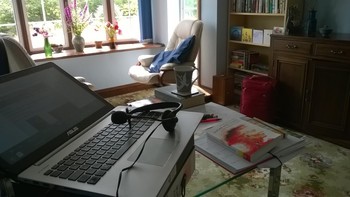 Although, like many writers, I find autumn to be the best time to tackle major writing projects, I’ve never yet been tempted to register for National Novel Writing Month. For me, the pace is too fast and the outcome too limited, but there’s nothing to stop me joining in informally, which is what I decided to try two years ago. Starting with three character sketches and a rough idea of the main plot points, I averaged a thousand words a day from the beginning of November onwards and surprised myself with a rough first draft of just under 80,000 words by the middle of January.
 I write to satisfy a difficult-to-pin-down need deep within my psyche, but writing is tough, and publication tougher and, at this stage of my life, I want to prioritise activities that bring me some satisfaction. Before I came out as a writer, I would scribble intermittently and intensively, emotionally-laden narratives that left me demoralised and deflated. About twelve years ago, I enrolled on an online short story course which enabled me to begin the arduous process of learning how to share and edit my words. Although I’m now in the joyful position of having one novel accepted for publication and another doing the rounds, somewhat less joyfully I have several unfinished novel projects and I can’t say I really know how one goes about the process of getting from idea to finished product. Winter being the best time for me to get some serious writing done, as the days grew shorter last year, I was excited when a new idea took shape in my mind. But I didn’t want to make the same mistake as the year before and end up losing interest at around 30,000 words. (I might write a post one day on deciding to abandon a project, although Emma Darwin has done this better than I ever could on her wonderful blog This Itch of Writing.) Hitherto suspicious of NaNoWriMo, I thought I’d make use of its slipstream to knuckle down to my project, albeit with a less ambitious target of an average of 1000 words a day. Have I achieved my goal?  Transferred from blogger to blogger like a virus, the blog hops and awards go round and round. If they enter your circle without touching you, you start deluding yourself you’re immune. Then you get clobbered by several simultaneously; it’s enough to keep you in bed. Some discover creative ways of declining but, like those childhood illnesses that confer adult immunity, there’s a lot to be said for getting them out of the way when you can. Of course I’m flattered by the nominations, but there’s no denying that responding eats into your writing time. So, as I did a couple of months ago with my backlog of blog awards, I’ve decided to condense the four blog hop doo-dahs into a single post. Lisa Reiter nominated me for the “my writing process” blog hop way back in June (hence the Sweet Williams on my desk). This involves answering four questions about the what, why and how of one’s writing and passing on the baton to another three writers whose work you admire. Easy: but I still hadn’t paid my dues when, almost three months on, Tricia Orr invited me to be her nominee for the same blog hop. Meanwhile, another mutation raised its head, focusing on the single question of “why I write” in greater depth, which came my way via Ruchira. Finally, a brand-new blog hop from #writingwithoutworkshops, again concentrating on the importance of why (via the tag #importantbook) infected me by one of my Liebster nominees, Juliet O’Callaghan. Let’s hope I can do justice to these lovely ladies’ confidence in me by providing some answers that aren’t as rambling as this introduction. 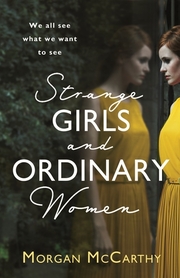 Alice’s husband is becoming increasingly critical and his excuses for his absences from the home more and more lame; is she right to suspect he’s having an affair? Vic, managing the hotel in Madeira previously owned by her parents, is delighted when her old friend Michael returns to work on the island; should she share her doubts about the honesty of his new girlfriend, Estella? Kaya dreams of studying philosophy at university but for now, having fled her feckless mother and her mother’s druggie boyfriend, she’s capitalising on her good looks as a stripper; can she leave this life behind? Three women at different stages of the lifespan, seemingly unconnected at the beginning of the novel, find their fates disturbingly intertwined. This is the last of the four novels published on 6th November (although the hardback of Strange Girls has been out since July) I’m reviewing this month. I was eager to read it after coming across a couple of reviews by bloggers who found this novel much more engaging than they’d expected. Having nothing original to say about the plot without stumbling into spoilers, I’d love to refer you to those reviews but I have to confess I’ve forgotten where I found them, so if you’ve come across anything about this novel that might be of interest to other readers, do please paste the link in the comments section below.  Well, the challenges are mounting: the prompts for 99-word flash fiction are announced on Wednesdays and bite-sized memoir every Friday afternoon. This week it’s travel horrors for flash and childhood jinks and japes for memoir – or is it the other way around? My secret¹ ambition is to write a piece that satisfies both simultaneously but, until I get there, I’m making do with incorporating my separate responses into the one post; it gives me another excuse for navel-gazing on the writing process from memory to memoir or not. Time was when I loved to travel, although now I much prefer to stay at home. But I have lots of cherished memories; I even have a stack of travel diaries I could use to check my facts. Charli’s prompt sparked off a stream of reminiscence, of thrills and spills and moments of, if not quite terror, some pretty dodgy stuff. Were I better raconteur, my travels would make for some great dinner-table storytelling, but my adventures have made only a rare appearance in my fiction and, when they did, I got confused as to what was memory and what imagination. When it came to my 99-words I was overwhelmed with possibilities, yet none seemed strong enough to demand their moment on the screen. Charli²: But it’s fiction, you’re allowed to make things up! Annecdotist: Yeah, but somehow I don’t want to this time; I want a story that stays faithful to the things I’ve seen and done. Lisa²: Ha ha, you’re being converted to memoir. Annecdotist: Only for this particular topic. In the end, an idea bubbled to the surface and I grabbed it before it could sink back down again and another take its place. I don’t know why it chose me, but here it is: I was scared as you were, believe me, but I smothered my anxieties with thoughts of tulips, van Gogh and canals as we bedded down with the down-and-outs in a dusky recess of the shopping mall. A perfect plan in daylight: a lift halfway to Amsterdam. We’d pass the early hours in the waiting room and catch the first train out. No-one mentioned that the station closed its doors at night. The police beamed torchlight across our faces. I thought they might relax the rules for two sisters, strangers to the city, but they ushered us into the night. 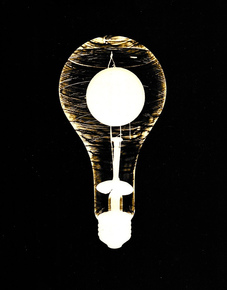 Myths abound about how to nurture creativity. If I drink like Ernest Hemingway will I come up with a twenty-first century For Whom the Bell Tolls and bag myself the Nobel Prize? Somehow, I think it might take a bit more than that, but it needn’t stop me opening another bottle of wine. Many of us believe we have to do things in a certain way to get the creative juices flowing. It’s hard to let go of our treasured beliefs but do any of these routines actually work? Mason Currey has trawled the daily rituals of history’s creatives to identify six common themes. It’s not exactly a randomised controlled trial but, if you’re looking to boost your creativity, it’s a reasonable place to start. As you’ll see, I don’t measure up so well against the criteria. Can you do better?  I’m not someone who goes out armed with a notebook and pencil, ready to snatch snippets of dialogue from an innocent public. It’s not so much, that like Chimamanda Ngozi Adiche, I’ve had people challenge the real-life stuff as unbelievable, or that I’d draw the line at stealing for the sake of my art. It’s not even that, with repetitive strain injury, I’m one of those writers who (physically) doesn’t write if she can help it. It’s more that, as my head’s already crammed with other people’s stories, I tend not to go searching for more. But sometimes a story is offered to me on a plate (if you read the story, you’ll see how apt is the cliché), and I feel I’ve no choice but to take it, which is exactly what’s happened with Peace-and-Quiet Pancake, just published on the website Flash Fiction Online.
I'm always pleased when my work finds a good home, but this feels extra special because I’m actually being paid for it (very rare for short stories on the web). Now, this post is about ethics, but I'm not asking you to advise me on whether to declare this small amount of income on my tax return. (I'm not at all ambivalent about paying tax, just what it's spent on.) My discomfort relates to whether the story is genuinely mine to sell. Don't get me wrong. I wrote the words and assembled them in the right order. I devised the plot and structure, such as it is. But the content, the central event isn't entirely fictional and, what's more, while I was present as it happened, it didn't happen to me. So in a sense, it's the little girl's story not mine. Do other writers worry about things like this? |
entertaining fiction about identity, mental health and social justice
Annecdotal is where real life brushes up against the fictional.
Annecdotist is the blogging persona of Anne Goodwin:
reader, writer, slug-slayer, tramper of moors, recovering psychologist, struggling soprano, author of three fiction books. LATEST POSTS HERE
I don't post to a schedule, but average around ten reviews a month (see here for an alphabetical list), some linked to a weekly flash fiction, plus posts on my WIPs and published books. Your comments are welcome any time any where. Get new posts direct to your inbox ...
or click here …
Popular posts
Categories/Tags
All
Archives
March 2024
BLOGGING COMMUNITIES
|
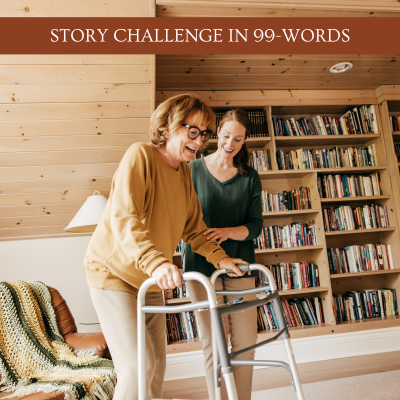
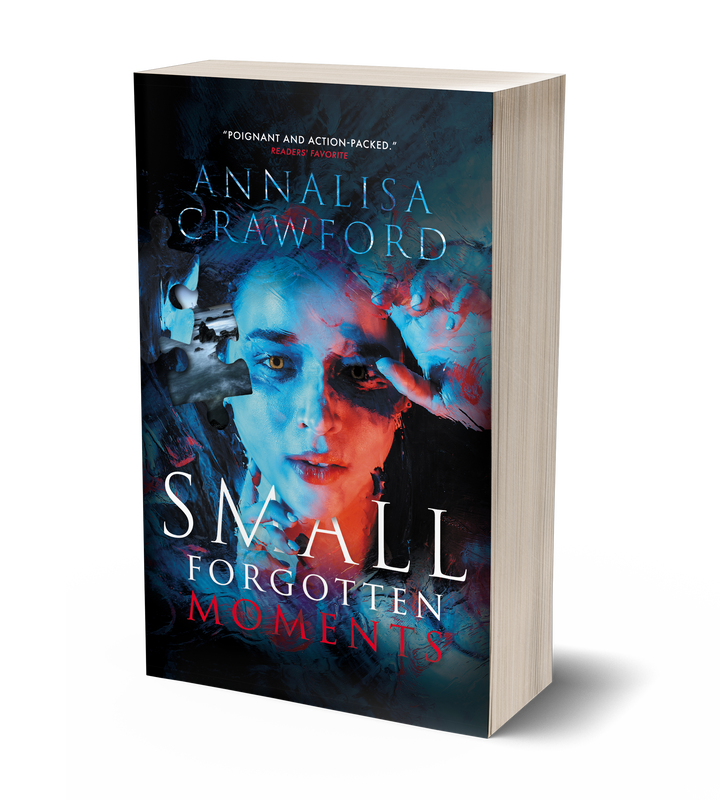
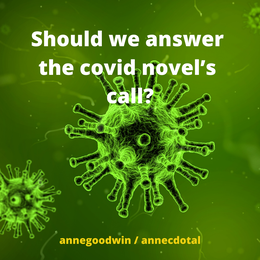
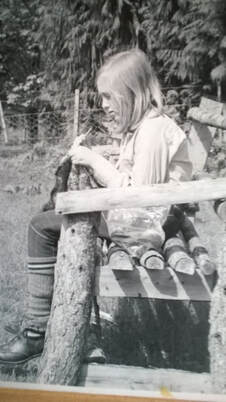
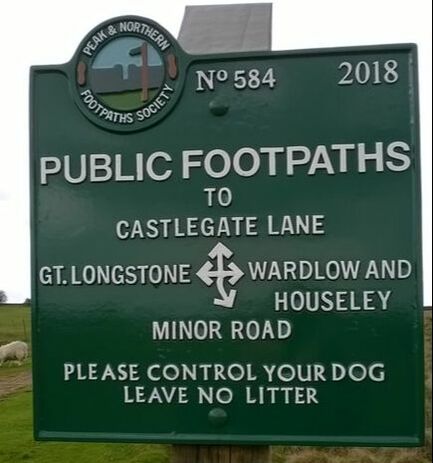

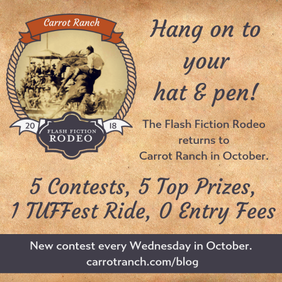


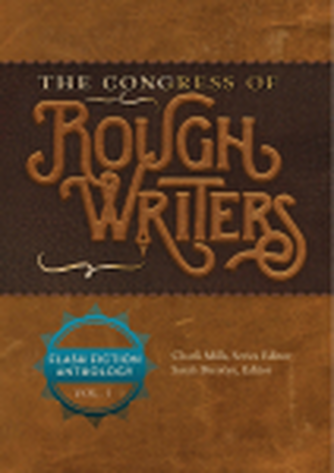



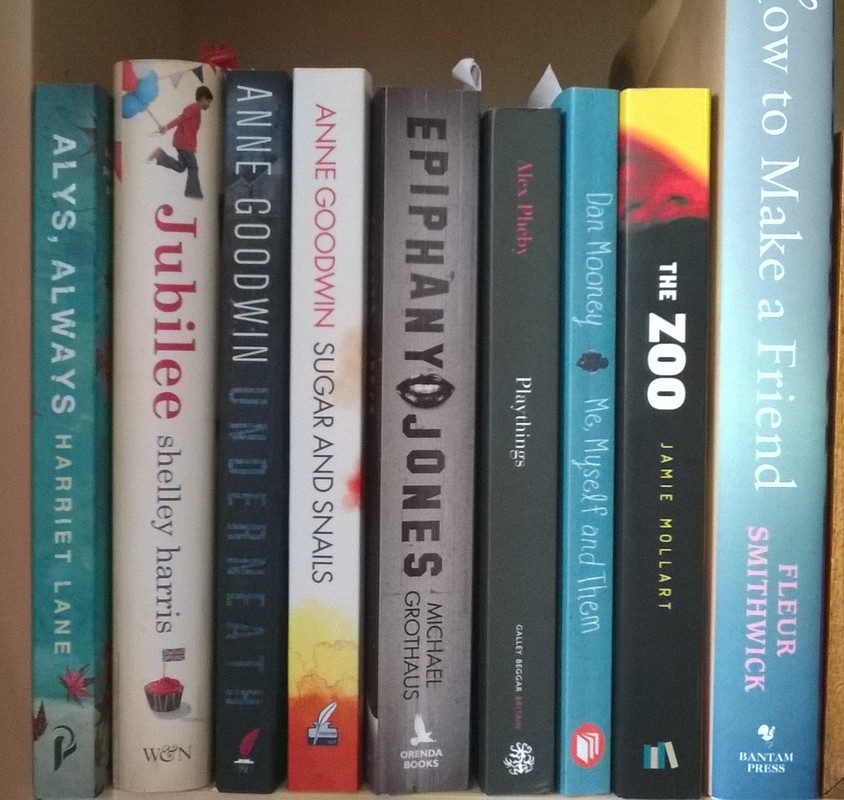
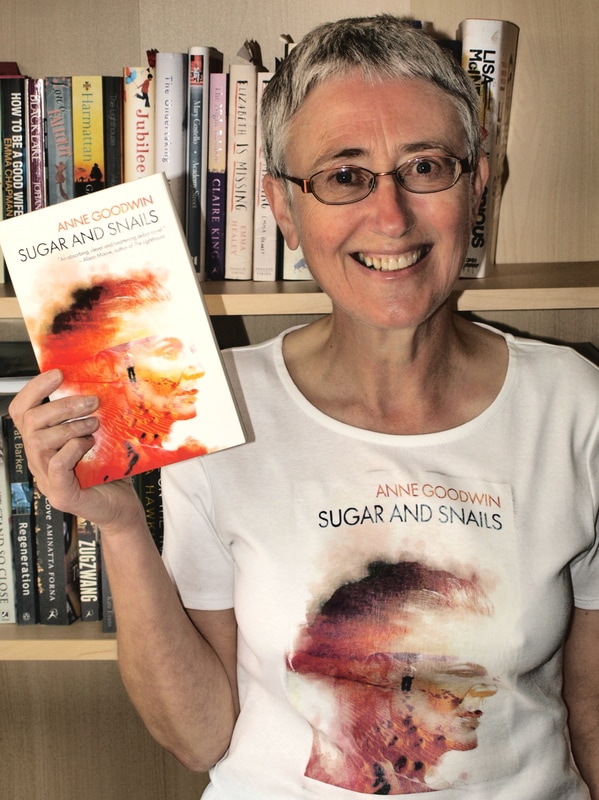
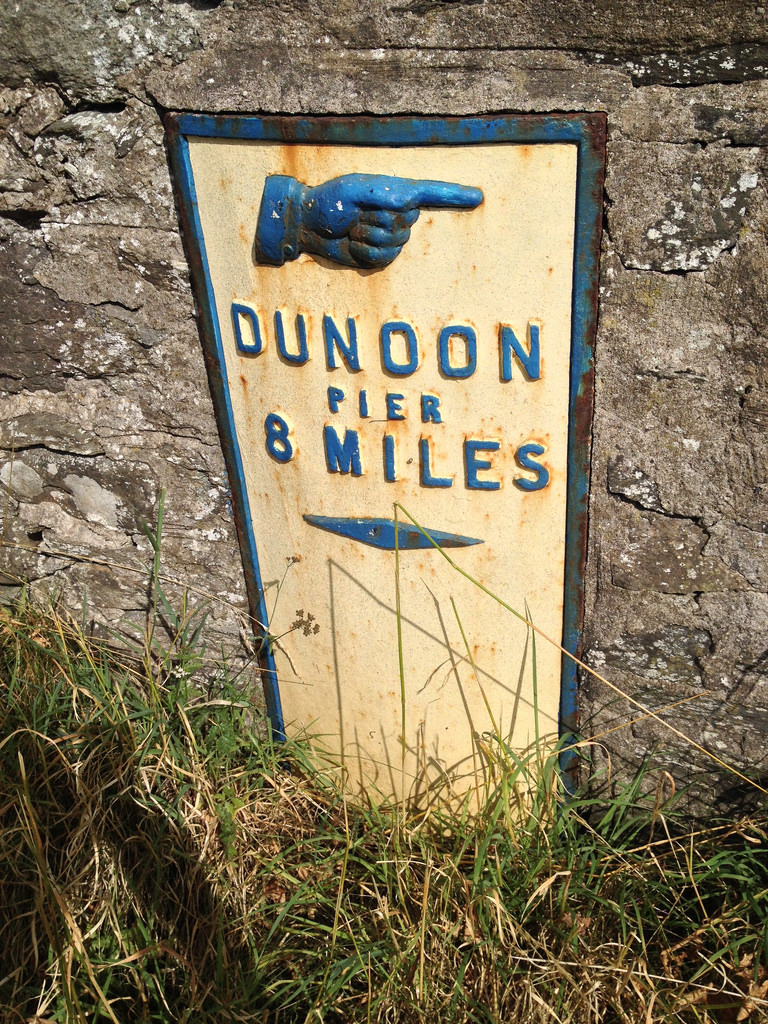
























 RSS Feed
RSS Feed





















